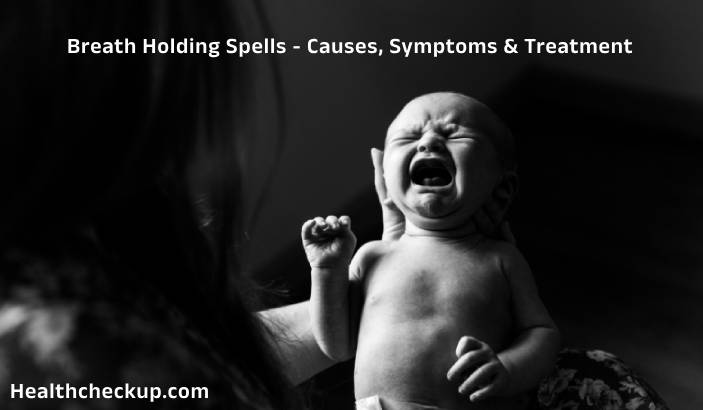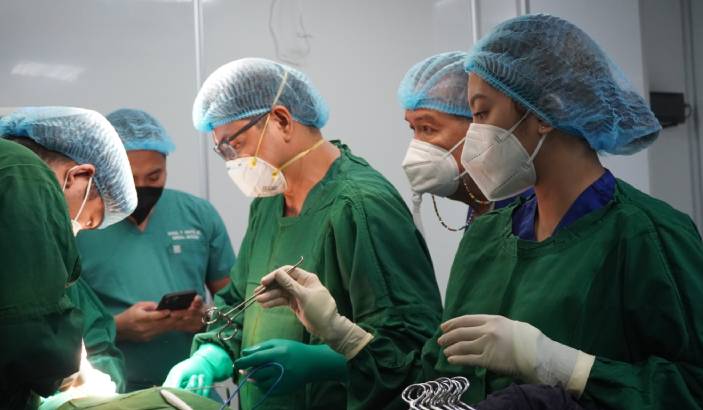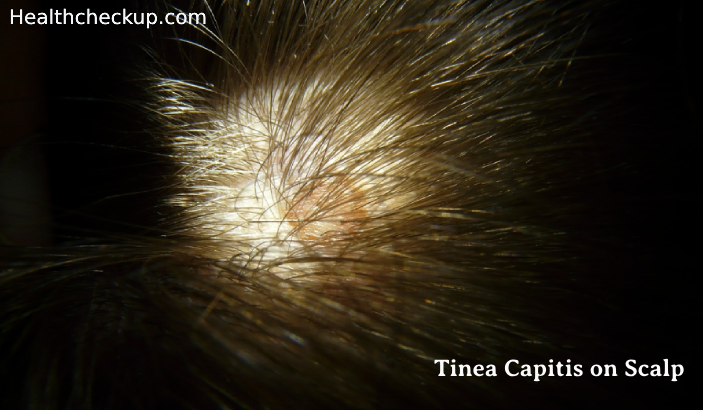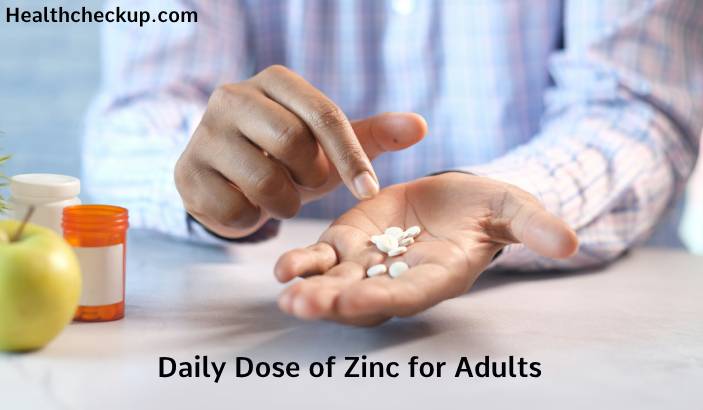Headache and dizziness are some of the common disorders of the nervous system. They are one of the most common reasons patients seek medical attention for. Nearly 30-50% patients with migraine report episodes of vertigo or dizziness.
According to the Global Burden of Disease Study of 2018, headache disorders are the second leading cause of years lived with disability worldwide. In spite of such a major burden of a headache over all continents, its epidemiology is poorly described.
The link between migraine and vertigo was described in the 19th century. In the past three decades, vestibular migraine began to be recognized as a distinct clinical condition.
What Causes Headaches and Dizziness Every Day?
The clinical condition which causes headaches and dizziness every day is called Vestibular Migraine. It can be acute or chronic and may also be associated with other transient symptoms like nausea, vomiting, weakness and a susceptibility to motion sickness.
Factors provoking an attack of a vestibular migraine can be anything under the sun, including the sun. Some provoking factors are:
- Stress
- Lack of Sleep
- Menstruation
- Dehydration
- Certain Foods
Presentation of Vestibular Migraine
- It can occur at any age.
- Women are more frequently affected than men.
- Family history has a role to play in developing the illness.
- In elderly people, typically women after menopause, the attacks of migraine are replaced by isolated episodes of vertigo or dizziness.
- A person having benign paroxysmal vertigo of childhood is regarded as a precursor syndrome of a migraine.
- The duration of attacks varies from person to person.
- About 30% of all vestibular migraine attacks are not associated with a headache. Other symptoms like nausea and vomiting, photophobia, phonophobia and the need to rest are crucial for making a diagnosis.
- If any abnormality appears or persists during the symptom-free period, then other possible causes for headaches and dizziness need to be considered.
Other Reasons For Headache and Dizziness Everyday
- Basilar Type Migraine – These headaches begin at the brainstem caused probably by constriction of blood vessels. Signs and symptoms include a severe headache and dizziness with slurred speech, tinnitus, fainting, weakness and temporary disturbed or impaired vision.
- Pregnancy Induced – Dizziness may be due to dehydration and weakness. Headache during pregnancy especially during the third trimester is considered as a warning sign for pre-eclampsia.
- Benign Paroxysmal Positional Vertigo – Symptomatic episodes are shorter thana vestibular migraine.
- Vestibular Paroxysmia – Occurs probably due to vascular compression of the vestibular nerve. There are brief attacks of dizziness lasting for several seconds.
- Meniere’s Disease – Migraine is common in patients having Meniere’s disease. Hearing loss is significant as compared to a vestibular migraine.
- Psychiatric Dizziness – Anxiety and depression can be associated with dizziness which may complicate a vestibular disorder. More than 50% of patients with a vestibular migraine have some co-morbid psychiatric disorders. Attacks of psychiatric dizziness may be intense and provoked supported with destructive thinking and avoidance behavior.
- Cervicogenic Headache – This type ofa headache occurs due to a disorder of the cervical spine. Here, a headache is induced by certain head movements and may not be associated with neck pain.
Vestibular Migraine Diagnosis
The International Headache Society (IHS) and the Committee for the Classification of Vestibular disorders came up with diagnostic criteria to identify vestibular migraine.
The criteria are set only on the basis of clinical features reported by patients. Criteria for diagnosing a vestibular migraine are:
A. At least 5 episodes with vestibular symptoms of moderate or severe intensity lasting 5 minutes to72 hours.
B. Current or previous history of a migraine with or without aura according to the International Classification of Headache Disorders (ICHD).
C. One or more migraine features with at least 50% of the vestibular episodes:
- Headache with at least two of the following characteristics – one sided location, pulsating quality, moderate or severe pain intensity, aggravation by routine physical activity.
- Photophobia and phonophobia
- Visual aura
D. Not better accounted for by another vestibular or ICHD diagnosis.
How To Get Rid of Headaches and Dizziness Everyday?
- Guidelines for pharmacological treatment of a vestibular migraine are similar to that of treating migraine with or without aura. Both symptomatic and preventive treatment methods are used.
- Vestibular rehabilitation therapy can be combined with medical treatment or as a stand-alone therapy for treating headaches and dizziness. This includes exercises for the body as well as eyes, gait and posture training.
- Behavioral modifications like improving sleep habits and cessation of tea and coffee. Spicy and fried foods are to be avoided during headaches.
- Acupuncture can be used as a non-medical approach in managing headaches and dizziness every day. Acupuncture Works in Following Ways
- It stimulates the release of endorphins which have analgesic and anti-inflammatory effects.
- Migraine causes disturbances in cerebral blood flow. Acupuncture improves oxygen and blood circulation to the brain.
- Acupuncture also alters concentrations and flow of ions within neurons.
- Chinese herbal medicines are known to have good results in relieving headaches by regulating neurotransmitters, neuropeptides and functioning of blood vessels. Chinese herbs can be used locally or consumed.
The only drawback faced is from lack of scientific research to back the results and lack of standard dosages. - Yoga is one of the oldest known sciences yet, yoga is popular for its influence upon the glandular system and nervous system in relieving headaches. Certain yoga poses, stretches and controlled breathing exercises provide relaxation to the body and mind and also help to improve overall strength and immunity. Yoga lowers metabolic rate and heart rate, improves circulation and reduces workload of the heart.
- Indian herbal medicine for quick relief from headaches are
- Betel Leaves – They have a cooling and analgesic effect.
- Clove – It has a soothing effect on nerves and reduces a headache
- Garlic – It is both, a pain-killer and anti-inflammatory.
- Ginger – Due to its properties as a pain-killer, it is consumed or applied on the forehead to relieve pain.
- Head massage using warm oil enhances oxygen and glucose supply to the brain by relieving muscular tension.
- Complementary medicine like ayurveda and homeopathy are safe and natural ways of managing headaches with least or no side-effects.
- Essential oils are becoming increasingly popular in managing a wide array of diseases especially for the people who seek natural treatment. A lot of care needs to be practiced while using essential oils as they have a specific way for preparation and use.
Some essential oils used for managing migraine headaches are lavender oil, peppermint oil and chamomile oil. These oils can be used singly or as a combination of two or more oils. There is a wide range of options available for managing headaches, it is important to choose the one suited to you.
If you are already on medications for other co-morbidities, it is important to consult your physician before taking any of the herbal medicines as their active properties might interfere with your medications and have drug interactions. Also, yoga and massage therapies should be received from trained personals only.
If you notice any increase in headaches and dizziness or if there is any neurological or focal loss like blurred vision, impaired hearing or weakness in part of the body, it is mandatory to receive immediate medical attention and treatment for the same.
Medically Reviewed By
Dr. Himanshi is a Homoeopathic consultant and currently working as a lecturer in Post-graduate faculty of Homeopathy, Parul University, Vadodara. Completed BHMS and MD in Homeopathy in January 2018 and also has a clinical experience of about 6 years. Personal interests include reading, spending time with family and traveling.








